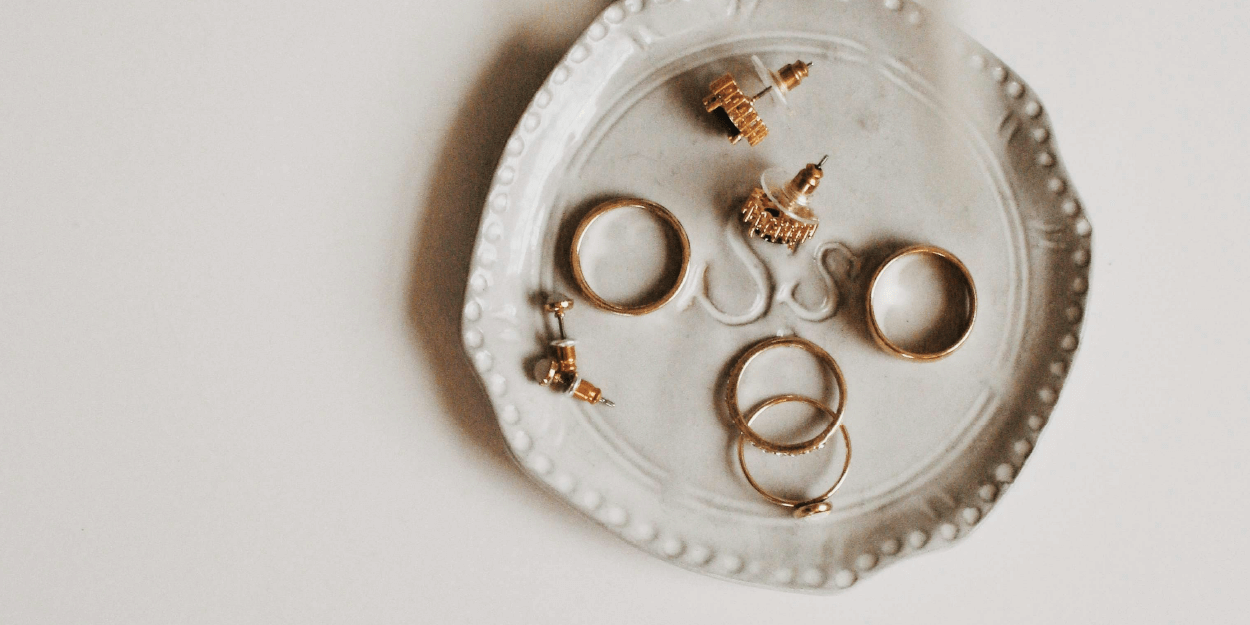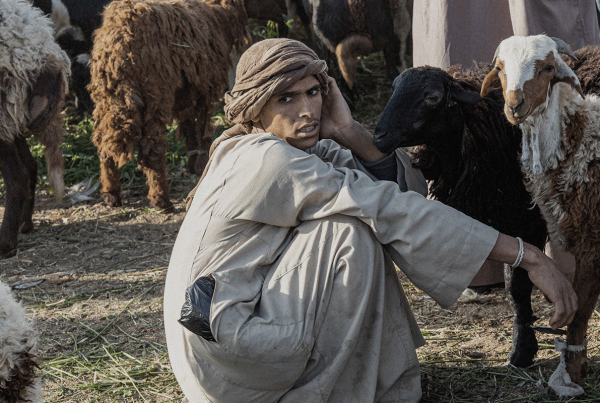Gift-giving is an act of care that is deeply culturally ingrained in occasions like birthdays, Christmas, and Valentine’s Day. The practice has become so second nature that most people likely don’t pause to consider where their gifts come from — and if slavery might exist in their supply chain.
The UN defines labor trafficking as “the recruitment, transportation, transfer, harboring or receipt of people through force, fraud or deception, with the aim of exploiting them for profit.” According to the most recent data from the International Labour Organization, an estimated 21.3 people are working in conditions of forced labor on any given day. Labor trafficking exists in a wide variety of industries, including domestic work, construction, fishing, and agriculture. Agriculture and the production and processing of goods are where trafficking often intersects with the consumer products we buy for ourselves and others.
If you want to gift more ethically, here are five goods commonly connected to forced labor— and some places to buy from instead.

Coffee
Coffee is one of the products most consistently connected to labor trafficking, with forced labor (including child labor) documented in heavily-producing countries like Brazil, Colombia, Costa Rica, Guatemala, Tanzania, and Vietnam. Major retailers like Starbucks, Dunkin, McDonald’s, Illy, and Nestle have opaque supply chains that have frequently been found to include slavery and human rights abuses.
Because coffee has become one of the better-known problem products, shopping Fair Trade has gotten easier. Many grocery stores carry coffee stamped with a Fair Trade label, ensuring that there has been a high level of oversight. One such brand is Counter Culture. Another is Bean Owl, a coffee roaster actively committed to combating trafficking.
It’s also a great option to visit your local coffee shop that roasts their beans in-house to ask how they source their coffee. Small businesses often have a shorter supply chain with more attention to ethical practices.

Chocolate
Chocolate has been so well-documented as a product often produced via labor trafficking that many NGOs have risen to the task of demanding better. The Chocolate Scorecard is one tool that empowers everyday consumers in that fight.
Specifically, almost two-thirds of the world’s chocolate originates in West Africa (according to Walk Free). Due to vulnerabilities like poverty and lack of access to education, kids in countries like Ghana and Côte d’Ivoire are often forced into work on cocoa plantations at an early age. They receive abysmal wages for grueling work while attempting to survive in living conditions analogous to modern slavery. Some evidence suggests that the COVID-19 pandemic forced a rise in the number of kids working on these plantations due to increased economic vulnerability.
As assessed by the Chocolate Scorecard’s multi-faceted system, some brands with the most human rights abuses in their supply chains include General Mills, Kellogg’s, and Godiva.
For a more ethical chocolate fix, respected Fair Trade brands include Tony’s Chocolonely, alter eco, and Lily’s. Many of these can be found on your grocery store shelves. When in doubt, just look for the Fair Trade logo!

Flowers
As beautiful as flowers are, they can obscure the ugly reality of child labor in the supply chains. In particular, children might be forced to work long hours picking roses and other flowers for little to no pay. According to The Atlantic, on any given Valentine’s Day, you have a 1 in 12 chance of picking up flowers produced with forced labor in Colombia or Ecuador.
If you’re trying to give a loved one flowers without the baggage, your best bet is to buy from a local vendor. Farmer’s markets often play host to flower stalls. Although your choices may be limited to what’s in season, you’ll be purchasing with peace of mind.
In case local vendors aren’t an option for you, opt for a delivery vendor like Bouqs, who has committed to ethical practices.

Jewelry (Diamonds and Gold)
Although diamonds and gold are classic expressions of love, for many vulnerable people, they have become symbols of servitude. Diamond mines in central African countries like Congo often employ children who work in dangerous conditions. In India, kids cut diamonds and prepare them for sale.
Gold mines are also rife with labor trafficking in countries from Africa to South America, as documented by the Department of Labor. As one of the world’s most historically valued commodities, it has been too easy for producers to seek low-cost production— at the risk of harm or even death to those working in mines without pay.
In a report by Human Rights Watch, jewelry brands with a particularly bad track record included Boodles, Chopard, Christ, and Harry Winston. Of the major brands surveyed, Tiffany and Co. displayed the highest commitment to ethical sourcing.
To support trafficking survivors directly with your next artisan jewelry purchase, Dear Survivor creates pieces with that exact goal. Starfish Project also curates a collection of ethical gold pieces that support survivors.

Clothes
Unfortunately, clothing is both necessary and often a product of labor trafficking. Cotton is a common culprit, and with 40% of all textiles containing cotton, it can feel impossible to avoid. In the United States, cotton has a bleak history tied closely to the transatlantic slave trade. In modern-day slavery, cotton continues to be produced by people who are vulnerable, exploited, and paid little to nothing.
Recent attention has focused on fast-fashion giants like Shein and Temu, who trample the rights of people in places like the Xinjiang Uyghur Autonomous Region in China in order to cut costs and maximize profits. Brick-and-mortar stores like H&M and Zara have also frequently been under fire for their shady sourcing practices.
If you want to buy someone a clothing gift, the most sustainable option is usually to thrift it. Although some of the clothes on thrift store racks may have been produced using slave labor, purchasing clothes one step removed from that process means that the companies exploiting people are not profiting. You’ll also be reducing the demand for fast fashion on the marketplace by buying garments already in circulation. In addition to local thrift stores, you can thrift online through sources like Poshmark and ThredUp, where you’ll be buying secondhand from real individuals.
Outstanding fair trade clothing suppliers also exist, including several who intentionally employ survivors. One such company is AIM Apparel. Another is Downeast.
Tools For Researching Slavery in Supply Chains
What if you want to give a gift that’s not on this list? Here’s a shortlist of resources you can use:
- The Department of Labor’s List of Goods Produced by Child Labor or Forced Labor
- Trafficking in Persons Report
- Verite’s Commodity Atlas
- Know The Chain
- Sweat and Toil app
Want more ideas on ethical gift-giving? Check out our list of 50 gifts and businesses that fight human trafficking.







